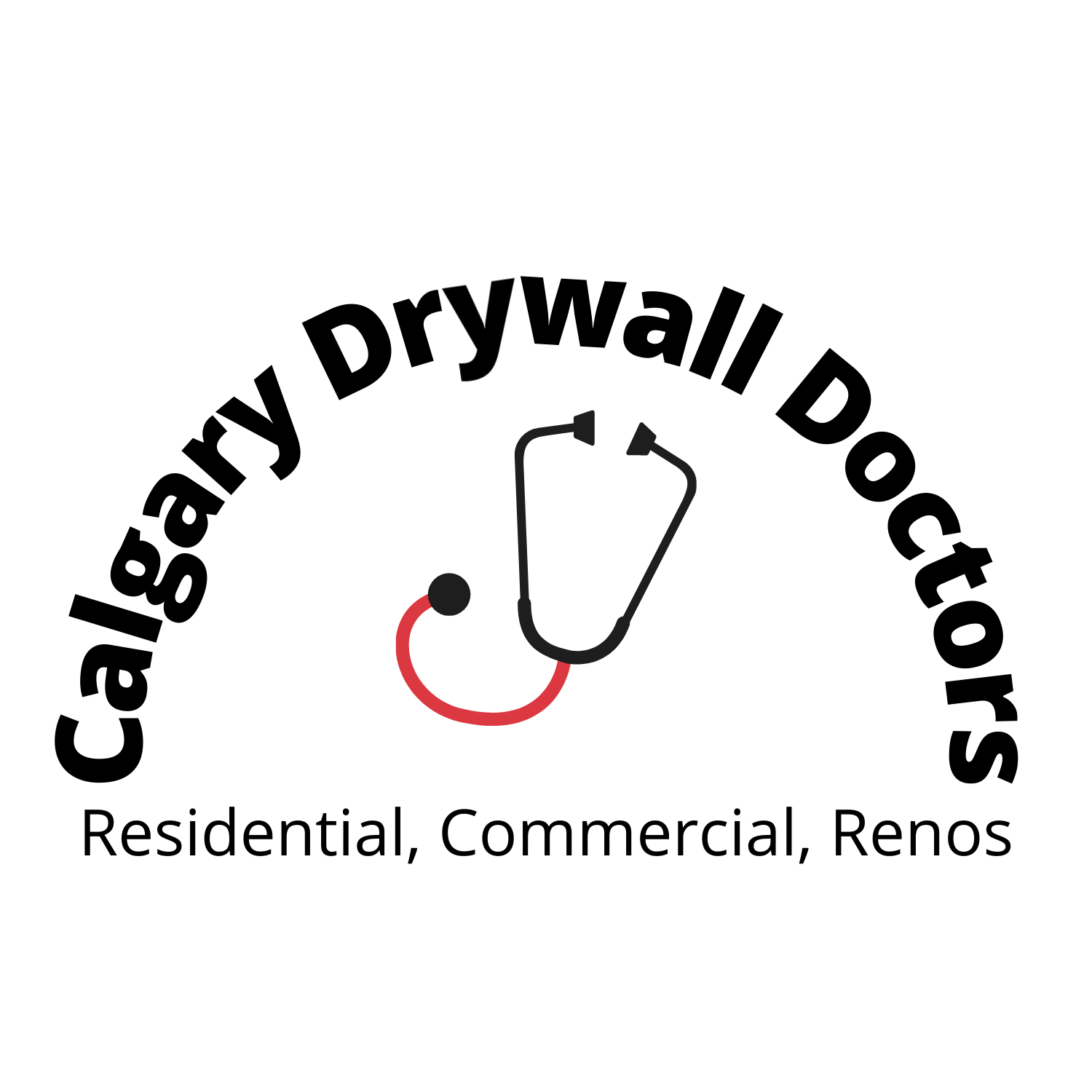You’ll find standard drywall installation costs range from $1-$3 per square foot, including materials and labor. Basic drywall panels start at $0.40-$0.50 per square foot, while specialty options like moisture-resistant or fire-rated panels cost $0.55-$0.90 per square foot. Professional contractors typically charge $40-$100 per hour, with labor representing 65-75% of total costs. Crucial supplies add another $0.50-$1.00 per square foot. Understanding the full scope of materials, labor, and room-specific requirements will help you budget accurately.
Key Takeaways
- Basic drywall installation costs range from $1-$3 per square foot, including materials and labor, with minimum fees starting at $100.
- Labor typically accounts for 65-75% of total installation costs, with professional contractors charging between $40-$100 per hour.
- Standard drywall panels cost $0.40-$0.50 per square foot, while specialty options like moisture-resistant panels range from $0.55-$0.70.
- Essential supplies like joint compound, tape, and screws add approximately $0.50-$1.00 per square foot to total project costs.
- Room size significantly impacts costs, from $400-$650 for bathrooms to $1,500-$3,000 for larger living rooms.
Material Costs and Panel Types

Drywall selection greatly impacts your project’s budget and performance requirements. When calculating material costs, you’ll find standard drywall panels are the most economical choice at $0.40-$0.50 per square foot for basic applications. For bathrooms and other moisture-prone areas, water-resistant drywall ranges from $0.55-$0.70 per square foot.
If you’re prioritizing safety, fire-resistant drywall (Type X) costs $0.55-$0.90 per square foot and meets building code requirements for specific areas. Specialty drywall, like soundproof panels, represents the premium segment at $1.85-$3.00 per square foot. For environmentally conscious projects, eco-friendly drywall panels made from recycled materials cost $0.70-$0.90 per square foot. Understanding these options helps you balance your budget while meeting your project’s specific requirements. Experienced contractors typically charge higher rates but deliver superior installation quality and workmanship.
Labor Rates and Time Requirements
Beyond material expenses, understanding labor costs helps accurately plan your project’s budget. Professional contractors typically charge between $40-$100 per hour for drywall work, with labor costs representing 65-75% of total installation costs. You’ll find that hanging drywall runs $0.15-$0.65 per square foot, while taping and mudding adds $0.40-$0.70 per square foot.
Project size notably impacts completion time. A standard 12×12 room takes 2-3 days, while a 2,000-square-foot house requires 3-7 days. Finishing drywall adds $0.50-$1.15 per square foot to your costs. Average costs for complete installation range from $1-$3 per square foot, varying based on the contractor’s years of experience and project complexity. Most contractors set minimum fees of $100-$150 for smaller jobs. Selecting moisture-resistant boards for bathrooms and other high-humidity spaces will increase your overall material costs but provide better long-term durability.
Room-Specific Price Variations

When planning your drywall project, you’ll find that costs vary considerably based on room type and specific requirements. Your total cost will depend on square footage, finish level, and moisture resistance needs.
For smaller spaces, you can expect to pay $400-$650 for a bathroom installation, where moisture-resistant drywall is crucial. Medium-sized bedrooms typically range from $800-$1,200, while larger living rooms command $1,500-$3,000 due to their expanded square footage and ceiling height considerations. Kitchen installations often run between $1,200-$3,500, reflecting the complexity of working around cabinets and fixtures. Basement projects present unique challenges, with average drywall costs spanning $1,500-$7,000 for a 1,000-square-foot space, primarily due to specialized moisture-resistant materials and installation requirements for below-grade rooms. Consider scheduling your installation during off-season months to potentially secure better rates and more dedicated contractor attention.
Additional Equipment and Supply Expenses
A complete drywall project requires more than just the panels themselves – you’ll need to account for different equipment and supply expenses in your budget.
Your drywall installation costs will include crucial supplies like joint compound, tape, and screws, adding about $0.50-$1.00 per square foot. For handling heavy panels safely, consider a drywall lift rental at around $40 per day. Don’t overlook safety equipment – masks, goggles, and gloves can total $100 or more. When working with high ceilings, scaffolding rental might be necessary, ranging from $15-$50 daily. Factor in miscellaneous supplies for a professional drywall finish, such as utility knives, sanding blocks, and measuring tools, which can add $50-$150 to your total project costs depending on whether you buy or rent them. While DIY installation may seem appealing, hiring professional drywall services can help avoid costly mistakes and ensure long-lasting results.
Permits and Building Code Requirements

While drywall replacement typically doesn’t require permits, you’ll need to check with your local municipality for specific requirements if your project involves electrical work, plumbing modifications, or load-bearing wall alterations. You’ll want to guarantee compliance with building codes, particularly regarding moisture-resistant and fire-rated panels in kitchens and bathrooms.
Green board drywall provides essential moisture protection for basement installations in Calgary’s variable climate.
| Area/Consideration | Requirements |
|---|---|
| Pre-1980 Homes | Asbestos/Lead Testing |
| Kitchen/Bath | Moisture-Resistant Panels |
| Fire Safety | Fire-Rated Panels |
| Load-Bearing Walls | Professional Inspection |
For homes built before 1980, you’re required to test for hazardous materials before installation begins. Factor inspection fees and potential mitigation costs into your budget. Non-compliance can result in fines and project delays, so it’s essential to understand and follow your local regulations from the start.
Professional Installation Vs DIY Breakdown
Deciding between professional installation and DIY can greatly impact your drywall project’s final cost and quality. Professional drywall installation costs typically range from $1.50 to $3.00 per square foot, including labor, while DIY materials alone might cost you between $0.50 to $1.10 per square foot.
You’ll find significant savings with DIY, potentially reducing costs by two-thirds compared to professional rates. However, complexity in installation can affect your success rate, and mistakes might lead to costly corrections. Professional services offer advantages like strict adherence to building codes and workmanship warranty coverage. When calculating expenses, consider that professionals charge $1.00 to $2.70 per square foot to hang and finish drywall. For a 12 x 12 room, your DIY materials will range from $200 to $400, making it an attractive option if you’re confident in your skills. Choosing commercial drywall experts ensures compliance with industry standards and efficient project management while maintaining cost-effectiveness throughout the installation process.
Cost-Saving Strategies and Best Practices

Implementing strategic cost-saving measures can dramatically reduce your drywall project expenses without compromising quality. When planning your drywall installation costs, you’ll want to focus on both labor and materials optimization. Standard-sized drywall sheets typically offer the best value at $0.40-$0.50 per square foot.
To optimize savings on your cost to install drywall, consider these proven strategies:
- Schedule installations during off-peak seasons for up to 20% reduction in total project costs
- Purchase materials in bulk to secure better per-unit pricing
- Consider DIY installation for smaller projects, potentially saving around $1,400
- Minimize waste through precise measurements and calculations, avoiding disposal fees
Our skilled technicians ensure precision in material calculations to help maximize your cost savings while maintaining the highest quality standards. These cost-saving strategies guarantee you’ll achieve professional results while maintaining budget efficiency throughout your drywall project.
Frequently Asked Questions
How Much Does 1000 Sq Ft of Drywall Cost?
You’ll spend between $1,500-$7,000 for 1,000 sq ft of drywall, including installation. Your final cost depends on thickness options, finishing techniques, and whether you’re choosing moisture-resistant or soundproof materials for your project.
How Do I Estimate Drywall Installation?
Start your project planning by measuring walls, calculating materials needed, and creating a cost breakdown. Consider drywall types, finishing options, labor costs, installation techniques, waste management, and timeline before selecting your contractor.
How Much Is Labor to Hang Drywall?
You’ll typically pay $0.15-$0.65 per square foot for labor to hang drywall, with contractor rates ranging $50-$100 hourly. Consider your project’s complexity and regional variations when budgeting for professional installation.
How Much Does It Cost per Square Foot to Install Drywall in Canada?
You’ll typically pay between $1.50-$3.50 per square foot for drywall installation in Canada, with costs varying based on material quality, regional pricing, and finishing options. Specialized drywall types and complex installations may increase costs.
Conclusion
You’ll find drywall installation costs vary greatly based on material choices, labor rates, and project scope. By understanding typical panel prices ($10-30 per sheet), labor rates ($1.50-3.00 per square foot), and extra expenses like permits and tools, you can budget effectively. Whether choosing professional installation or DIY, focusing on material quality and proper preparation will impact long-term project success and general cost efficiency.





